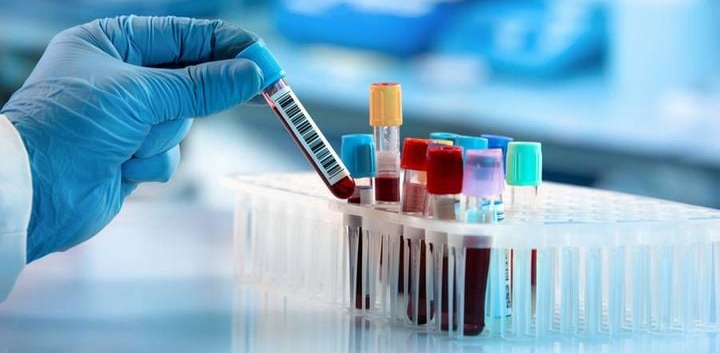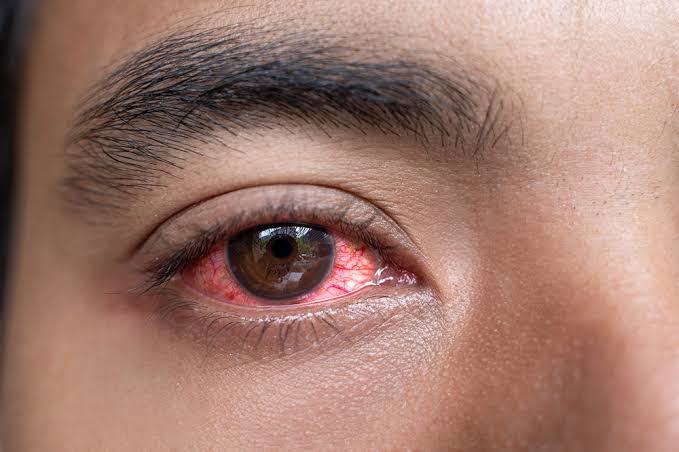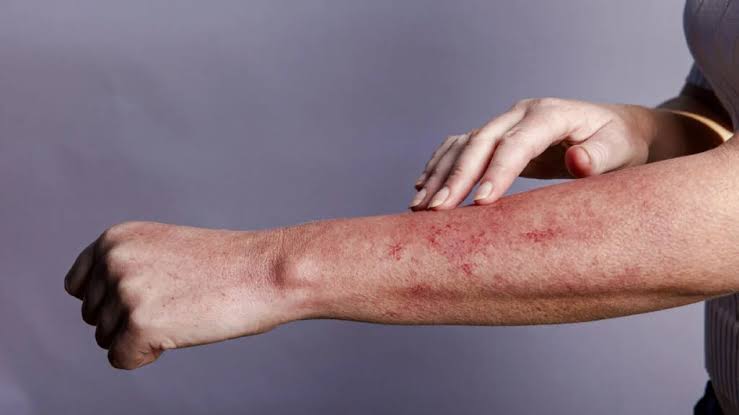ASTHMA:CAUSES, RISKS OF ASHTMA, SYMPTOMS AND TREATMENT

ASTHMA:CAUSES, RISKS OF ASHTMA, SYMPTOMS AND TREATMENT
➡️ Asthma
?WHAT IS ASTHMA ?
Asthma is a disease that attacks the airways in the lungs. Causes tissues within the airways to swell. Asthma also causes muscle bands around the airways to become narrow.
This makes it difficult for air to pass through and for a person to breathe normally. Asthma also causes mucus-producing cells in the airways to produce more mucus than normal. This blocks the airways, which are already very narrow during an asthma attack, and makes it more difficult to breathe.
A person suffering from asthma often produces sound when trying to breathe. This is the sound of air trying to pass through a very narrow road. They also have shortness of breath, which means they cannot take full breath. Chest tightness can occcur, They may also cough a lot.
Asthma attacks can be a medical emergency because they can lead to death (causing a person to die). There is no cure for asthma. The treatments based on it’s signs and symptoms like uses of different types of medications to help people with asthma. There are also things that people with asthma can do to help themselves keep their asthma worse.
? SOURCE OR CAUSES OF ASTHMA
There are various risk factors that can increase possibility of asthma occurance but direct causes of asthma are still unknown.
Some of the risk factors for Asthma include;
•Read: GAUCHER DISEASE, Causes, Symptoms and Treatment (GAUCHER DISEASE)
?Genetic causes. A person inherits genetic changes from one or both parents that may increase the chances of getting asthma. Epigenetics, which is a genetic mutation, can also increase the chances of getting asthma. These epigenetic mutations can also be inherited. These changes can occur while the baby is still in the mother’s womb, or during childhood.
Epigenetic mutations or mutations cause a number of changes that affect how a person’s genes work or ‘express themselves’ in three different ways (called epigenetic systems), but do not change the genes in DNA. These epigenetic changes can be inherited, or they can occur in the uterus which is when the baby is still inside its mother. They can also occur in childhood, for a variety of reasons, like
respiratory tract infections
exposure to chemicals or drugs
nutrition etc. These changes can be passed from one generation to the next but are not permanent and can be passed on to one or two generations. Although epigenetic changes affect the way a person’s genes work, they do not completely change a person’s genes. It is believed that epigenetic changes can also make a person more susceptible to diseases such as asthma.
?The state of the economy is also believed to contribute to a person getting asthma. The economic situation of a person depends on factors such as the income of the family, where he lives, and his level of education. It also relates to access to medical care, personal beliefs, and nutritional habits. Low-income people suffer from higher asthma (Asthma) levels, and also have higher rates of asthma-related deaths than people with higher economic status.
?Environmental cause are factors that affect a person; Adverse environmental factors are things like living in an area where there is a lot of air pollution or being around cigarette smoke.
•Read: GAUCHER DISEASE, Causes, Symptoms and Treatment (GAUCHER DISEASE)
? SYMPTOMS OF ASTHMA
Early signs and symptoms of asthma may include:
– Coughing a lot, especially at night
– Shortness of breath or difficulty in breathing
Getting short breaths, this time a person cannot take a deep breath which means they cannot fill all alveoli(air sacs). They can only take short, shallow breaths that can not give the lungs enough air. When a person has shortness of breath they may also have a chest pain.
– Getting tired easily during exercise and feeling weak or coughing after exercise
– Feeling Fever, sneezing, coughing, and headaches
TESTS
? Abnormal sound in the lungs known as “high-pitched wheeze” After listening using a device called a stethoscope which can be used to listen breathing sounds in a person’s lungs. This is very helpful in diagnosing this disease along with other tests.
MEDICINE
? Go to the hospital if you have any asthma symptoms to get the right tests and start the right treatment according to the Source of your Problem.
•Read: GAUCHER DISEASE, Causes, Symptoms and Treatment (GAUCHER DISEASE)
FOR MORE ADVICE / EDUCATION / TREATMENT CONTACT US ON WHATSAPP +255758286584
Welcome .. !!



















